This story is part of the Niles West News 2025 Immigration Series which documents community members’ experiences immigrating to the United States. Most of these stories are written by Niles West News writers, but some will feature guest writers who will tell their family’s story.
It seems that familial immigration stories fall into two categories. The first is those who were forced out. Whether it be by war, poverty, or any other external forces, people who are forced out of their homes, by no choice of their own, must flee their homes, people and cultures which they love, to seek the light. The second is those who seek this same light for intrinsic reasons. For the hope, the possibility, the whisper of a better life. With no guarantee, they face the treacherous journey of immigration and assimilation, leaving those same people, places and cultures, for a mere chance at a brighter future and the idea of an American dream.
The interesting thing about my family’s immigration story is that it falls into both of these categories.
Our journey begins in a very unconventional place for any immigration story. Butte, Montana, 1918. My great-grandfather, Nikola Gostovic, was born amidst the formidable Rocky Mountains, under the beautiful Montana sky to his parents, Djordje and Milica Gostovic. His father, a miner, brought his family along after the discovery of silver ore in the area. His mother, in contrast to affluent gender norms of the time, was truly the family’s breadwinner. She was running a hostel that housed miners; offering them a place to sleep, bathe, eat and rest in the absence of family.
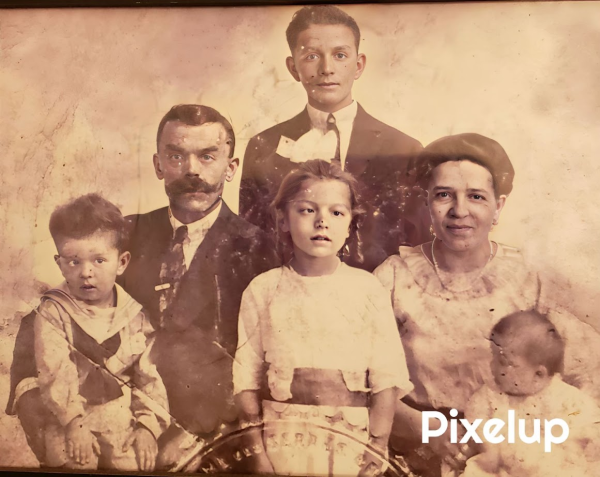
As often happens in life, once one develops a relatively safe, secure existence, they are presented with new obstacles and challenges. In the case of the Gostovic family, this challenge did not appear in the form of gaining citizenship or learning a new language but in the form of the worst-ever stock market crash in history. The dark had come, and it was time to find the light. Leaving the Great Depression behind them, they sought out friendlier skies, crossing the Atlantic and returning to Serbia.
Fast forward about 60 years. Belgrade, Yugoslavia, 1991. My father, Filip Cejovic, was 12 years old, living a charmed childhood. With his father, Branislav Cejovic, who was the director of the national television station, and a mother, Milica Cejovic, who was a head flight attendant for the national airline, his life was the envy of his friends and strangers alike. Living in the only house on the block with a telephone, he ran messages back and forth for neighbors. He introduced the Serbian people to the glory that was and still is, Michael Jordan, thanks to the VHS tapes he got from the US. He traveled the world: Sydney, New York and Singapore. He was in line to become a professional goalkeeper as the number one prospect in the country.
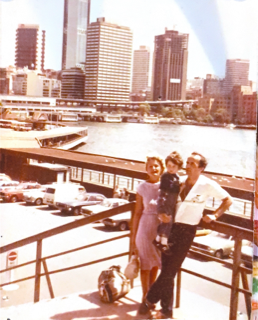
Again, without fail, the dark came. Yugoslavia had embarked on a period of intense internal turmoil. A civil war had begun, and with the army looking for any possible recruits, my grandparents decided it was time to reverse the move their parents had made 60 years ago and return to the United States.
“My childhood was special, and I realize that. Living in Belgrade at that time, with the opportunities I had was something that not many kids my age got to experience, so it made leaving all that behind much harder. You know, you never expect having to leave your life behind and go to a country where you barely know the language, and where you have no clue what lies in front of you,” Cejovic said.
At the age of 13, my father spent his days arguing with landlords, going to school and assimilating to a culture that did not truly accept him.
“[Assimilating] wasn’t easy. I remember one day I showed up to school with Burek for lunch. Not a peanut butter and jelly sandwich or money to buy food from the cafeteria. Burek. I didn’t even know how to describe it, and when some kid asked me ‘What is that?’ with a tone of disgust, I didn’t know what to do…Finding a way to Americanize without abandoning the things that I had grown up with and loved was probably one of the biggest tasks I was faced with after immigrating,” Cejovic said.
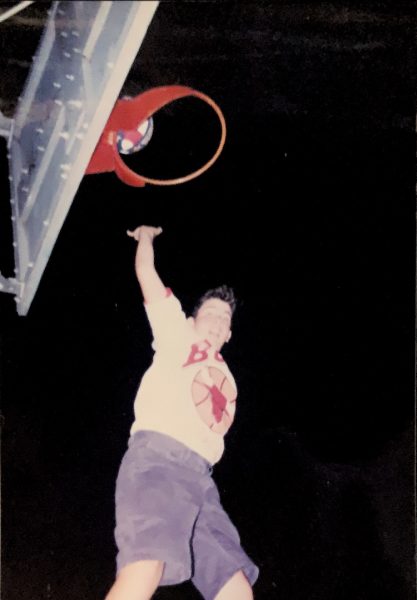
A major factor and leader for the Maine South Hawks Basketball team, Cejovic devoted his life to basketball, becoming a Park Ridge Basketball legend.
Eventually, the family settled in Park Ridge, where Cejovic experienced more success than most. Leading both the Maine South basketball and soccer teams, excelling in school, and balancing all of the responsibilities of an immigrant child, he thrived, but not without struggle. His parents spent decades after immigrating working as custodians in different residential buildings throughout Chicago. Bringing their family along every step of the way until they were able to open up their own real estate company.
“I watched my dad go from wearing a suit and tie to work every day to cleaning toilets. I watched my mom go from flying all over the world to worrying whether her next paycheck was going to come through, and all without a peep. I guess what I didn’t understand at the time was how deep their sense of responsibility was, and how faithful they were that everything would work out. I never really understood that till I had kids, and I felt that same responsibility; to do whatever was necessary so that you and your sister could have a better life than I did,” Cejovic said.
Well, they succeeded. My dad, after earning a master’s degree from DePaul University, gets to wear a suit and tie to work every day. While they may have had their fair share of struggles, watching my grandfather tear up upon walking into our newly renovated house showed me why they did it.
The moment impacted our entire family and is something none of us will ever forget.
“It was a little weird, because I never really anticipated seeing [Branislav Cejovic] tear up, but the fact that he was so happy for us made me realize how difficult that move must’ve been, how hard they had to work for that exact moment. Not so that he could live it, but so that his kids and grandkids could…It was an unforgettable moment,” my sister, Mia Cejovic said.
All the clogged toilets, squeaky floorboards and leaky faucets. All the broken English, the fear and the struggles—they had come to an end, and the light was shining brighter than it ever had. Their American Dream had come true, and now it is up to me, my sister and our cousins to keep it alive, not for our comfort but because of the sacrifices of the past and the possibility of the future.
“Once we left, I knew that the path wouldn’t be easy. Going from the life we lived in Serbia to the kind we lived in the US was hard. I remember asking myself on a couple of occasions what the long-term reason for it all was. You know, ‘Why would I put our family through all of this difficulty?’ But when I walked into the house I was reminded of all of that effort, and I realized that it had paid off and was worth it,” my grandfather, Branislav Cejovic said.


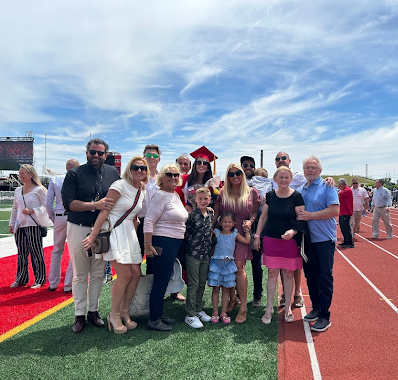

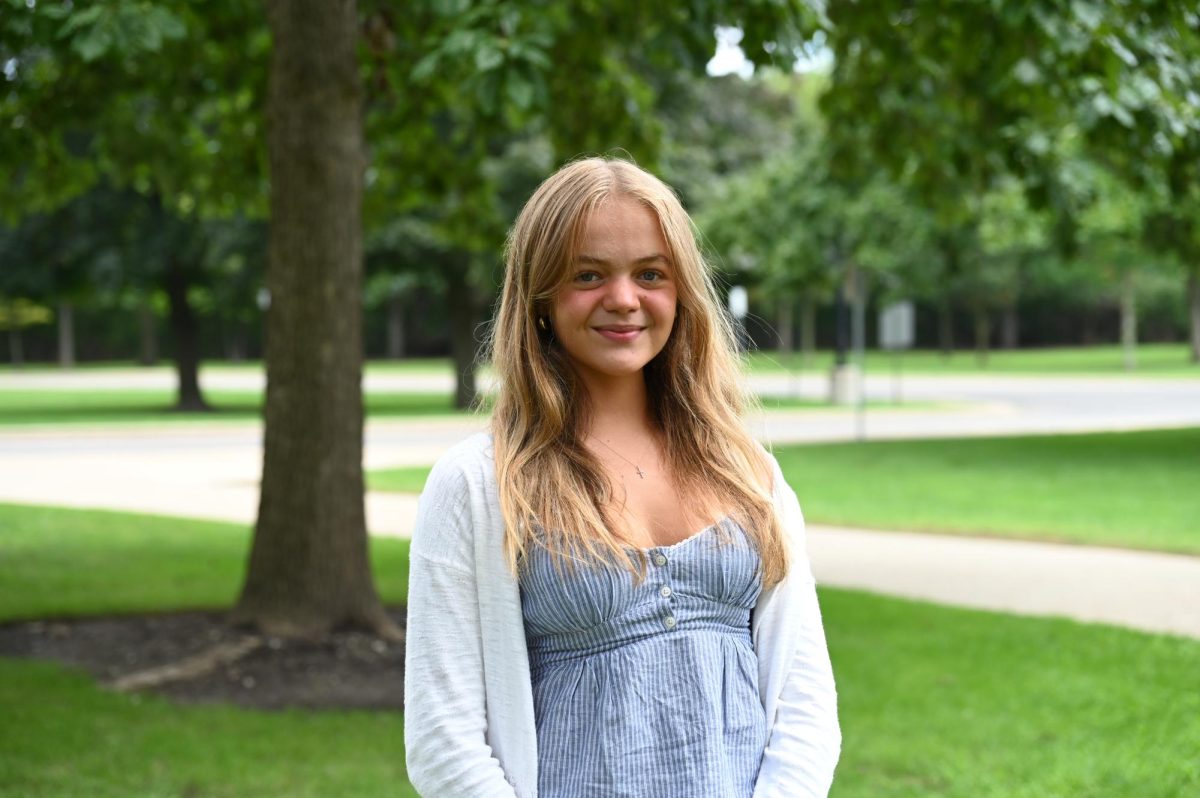
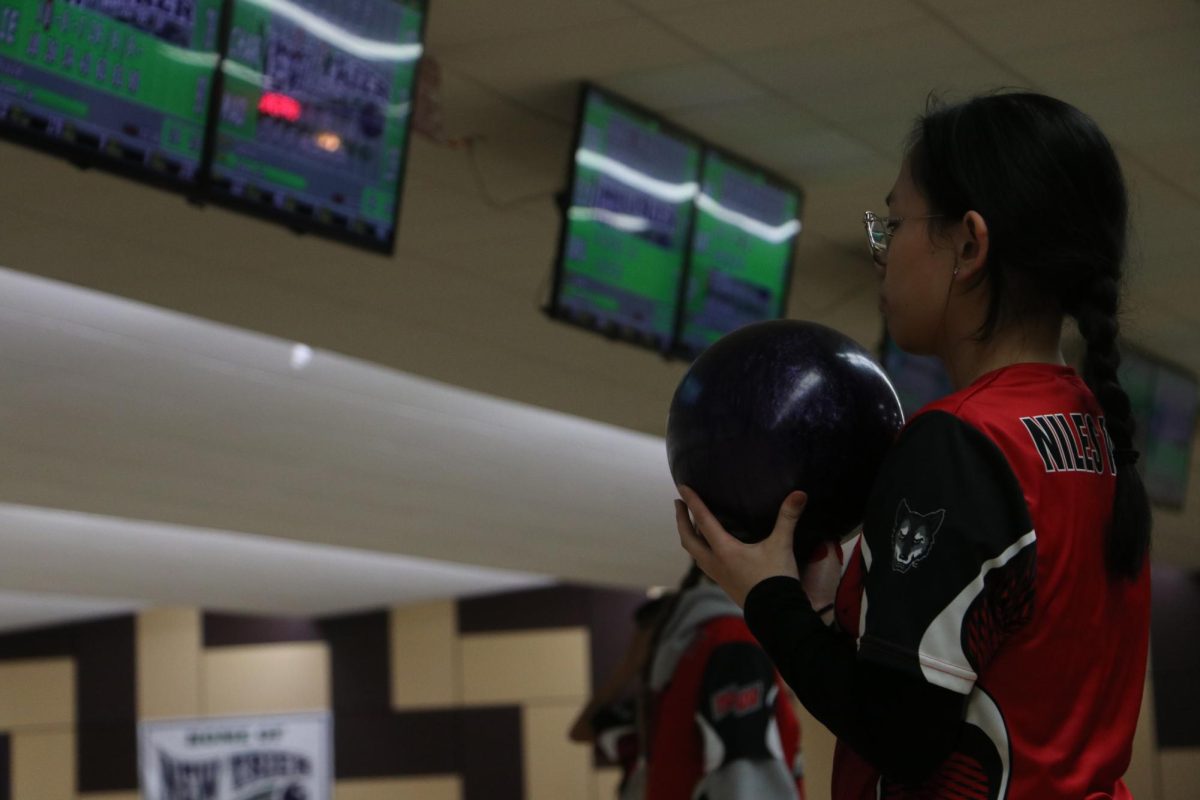
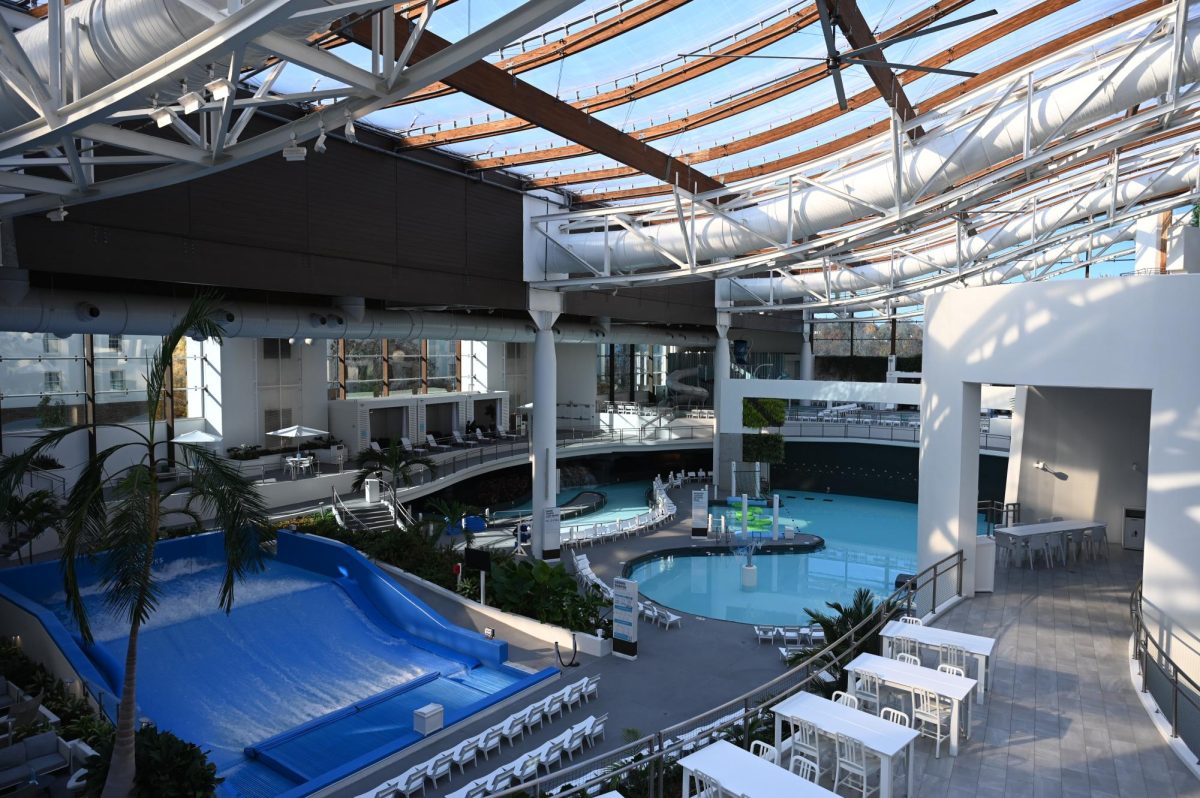

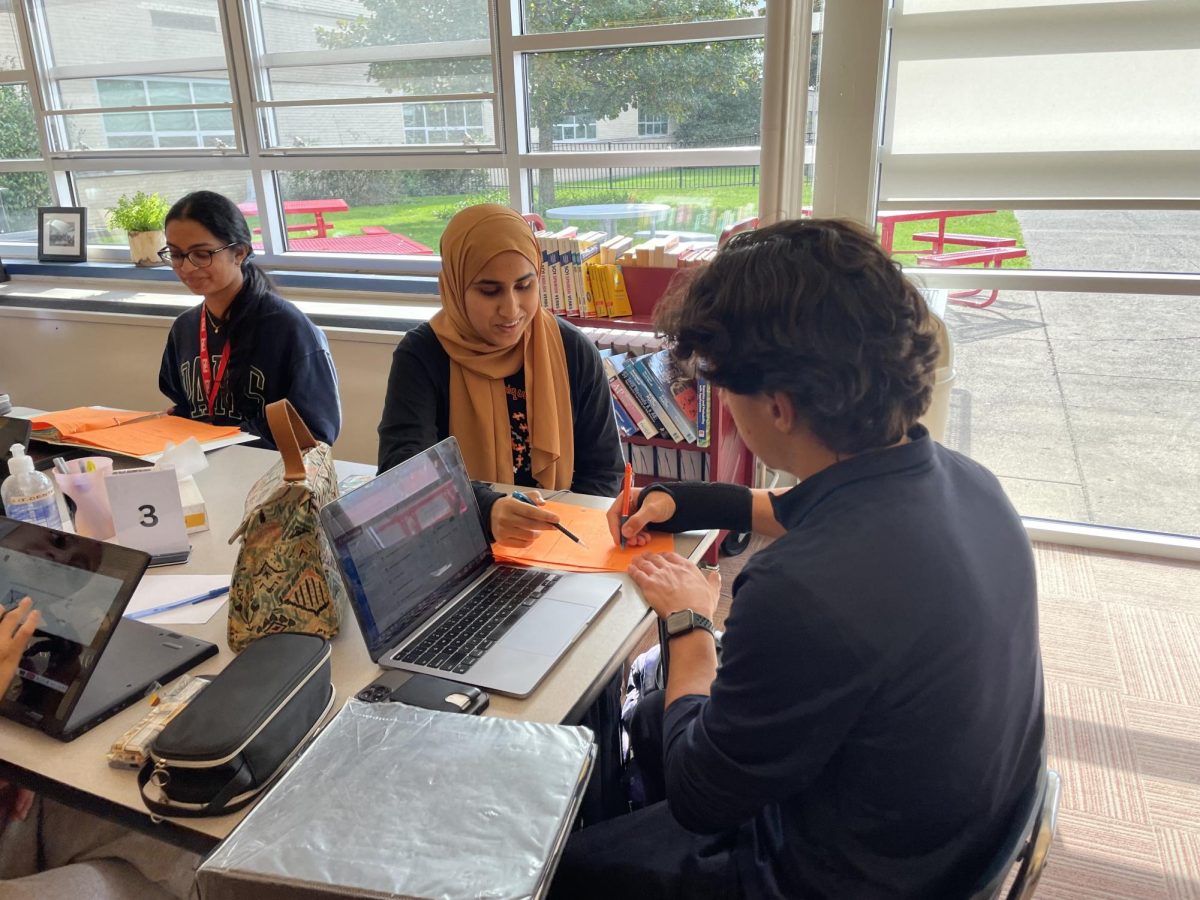
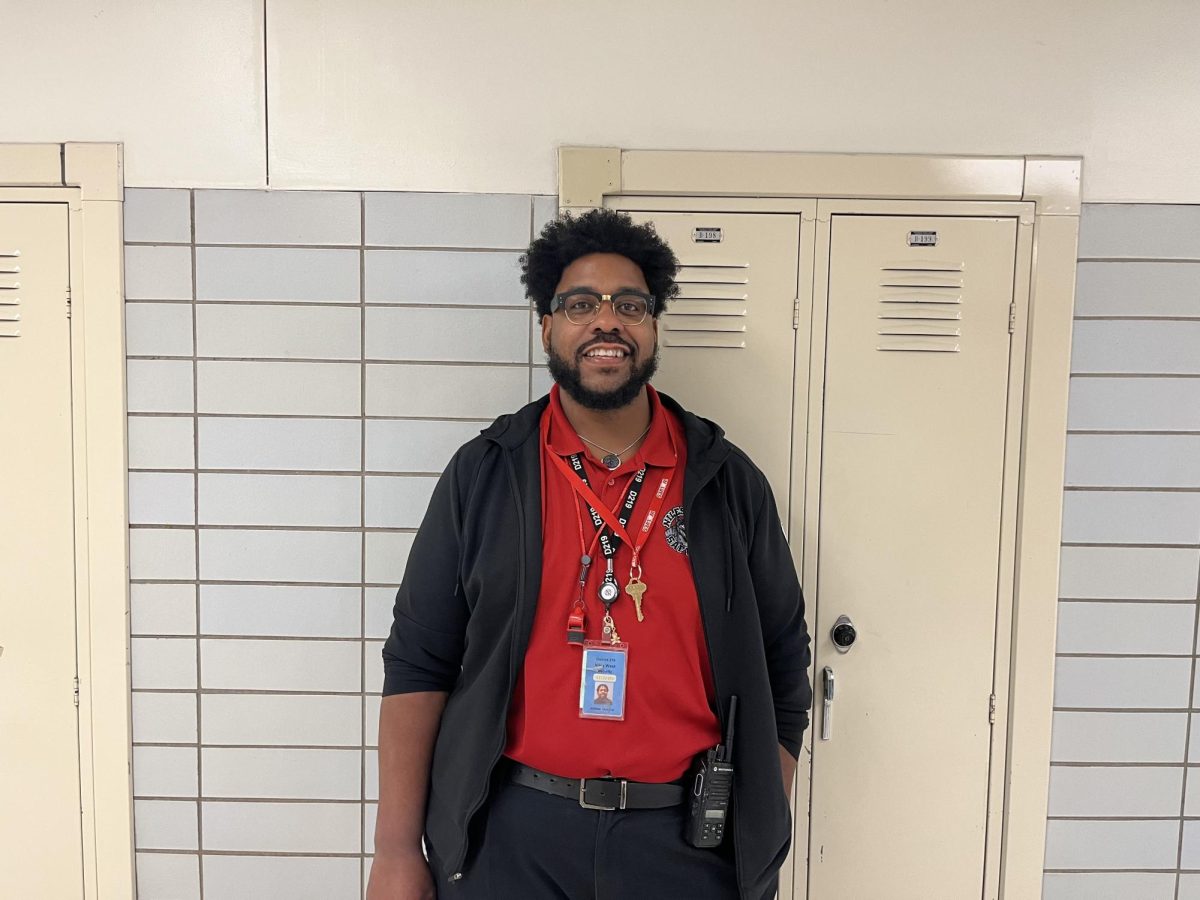
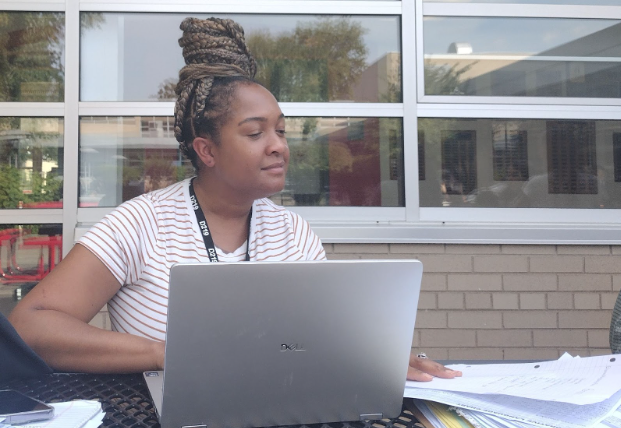
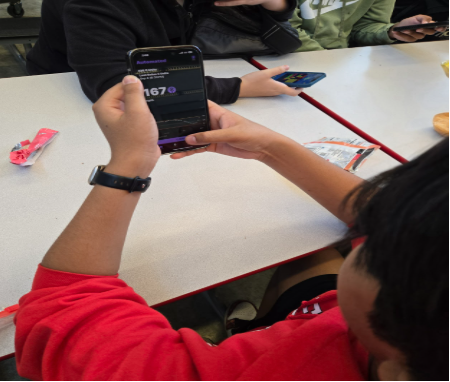
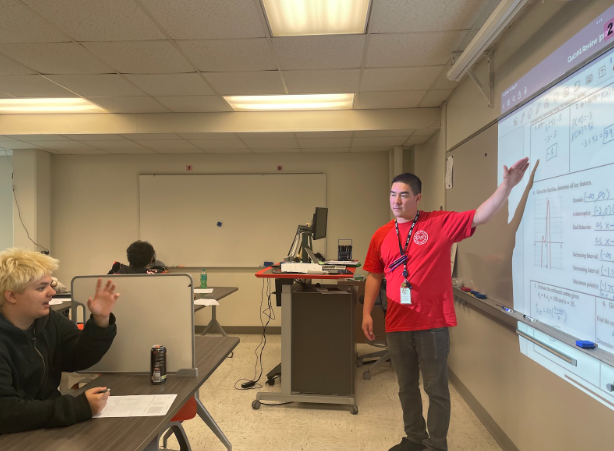
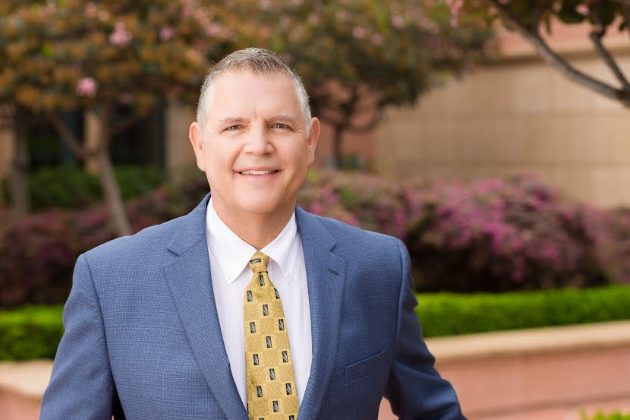
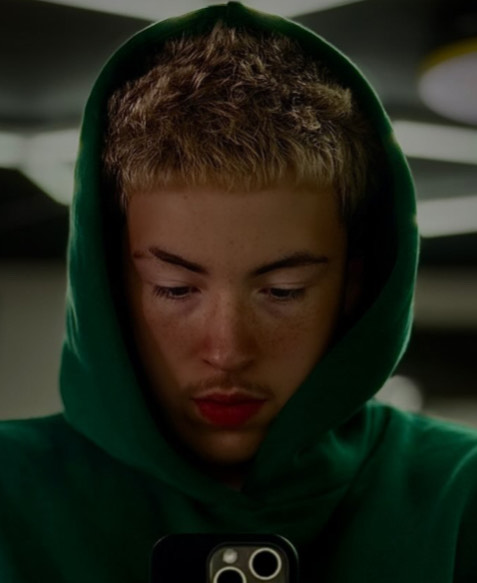
Elana Jacobs • Feb 4, 2025 at 9:57 PM
Thank you for sharing your brilliant personal story. I can’t wait to keep reading other stories in Niles West news. I am confident in the futures of empathetic leaders.
Samina Hussain • Feb 3, 2025 at 10:27 AM
Great story, Luka! There are so many similar tales and we all must remember that when we come across people who have immigrated to this country and deeply understand how their contributions are a source of strength & pride.